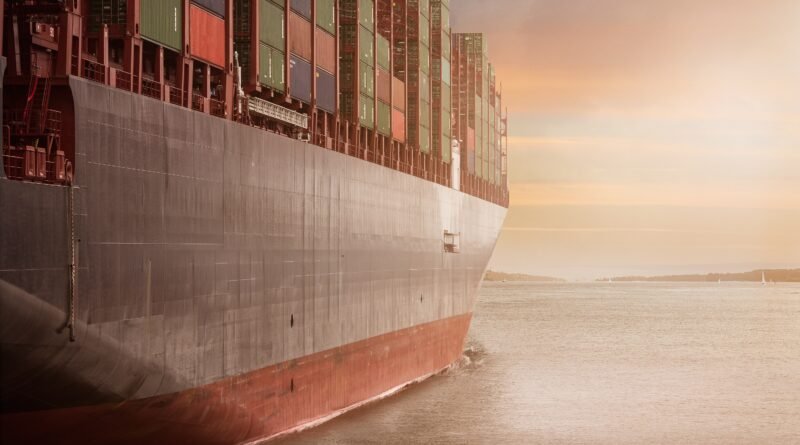Regarding the export prospects
On Tuesday, the new Minister of Foreign Affairs Gabrielius Landsbergis and his team met remotely with the leadership of the Lithuanian Confederation of Industrialists (LPK). They discussed Lithuania’s export development prospects, EU trade and investment policy strategy and China’s status as a state of market economy, post-Brexit, The Lithuanian Economic Representation Network, the European Commission’s Carbon Border Adjustment Mechanism (CBAM) initiative and other important issues.
According to LPK President Vidmantas Janulevičius, one of the most important areas of activity in which they want to strengthen cooperation with the Ministry of Foreign Affairs is the development and promotion of exports.
“Lithuanian industry generates more than 80 percent of the country’s exports. The country’s economic growth and social welfare depend and will depend on exports. LPK, through joint efforts with state institutions, seeks development in existing markets, assimilation of new markets and ensuring equal operation in the main export market – the EU internal market, ”said V.Janulevičius.
The activity of the Lithuanian Economic Diplomacy Council was discussed at the meeting – last year here in this council there were approved the priority export directions. LPK is in favor of strengthening this format and activating its activities in the future. One of the points offered by the LPK to the new Government program is the clear and defined representation of the economic interests of Lithuanian business abroad, taking into account the tendencies, opportunities and potential for export development and investment attraction in the future.
“It is very important to create a strategy of economic diplomacy with clearly defined priorities, aimed at promoting Lithuanian exports and inbound tourism and attracting foreign investment. We invite the Ministry of Foreign Affairs to create and implement an Export Strategy envisaging clear priorities for the period of 2021-2025, to allocate targeted funding for the implementation of this strategy,” the President of LPK noted.
According to the President of LPK, diversification of economic representation is especially important at present.
“The EU’s economic relations with China and the potential of this huge market are undeniable, but business can confirm from its experience that Asia is not just China, so it would be useful to pay attention to other Asian countries – ASEAN, Japan, Singapore or South Korea. which in the long run may become the engines of the region’s economy,” said V. Janulevičius.
Regarding the challenges after Brexit and the new economic and trade relations between the EU and the United Kingdom, the LPK proposed to convene a working group from the Ministry of Foreign Affairs, the Customs, Food and Veterinary Service, business structures and representatives of Versli Lietuva.
The LPK leadership presented to the Minister its position on the European initiative to establish a Border Carbon Carbon Correction Mechanism (CBAM).
“EU Member States’ efforts achieving a climate-neutral economy by 2050 can be limited by a lack of ambition from third countries. Greenhouse gas emission control requirements in third countries remain weaker than in the EU, creating a risk of CO2 leakage, with companies relocating production to countries with less stringent environmental requirements. The introduction of a cross-border carbon offset mechanism would introduce a carbon tax on imports of certain goods from third countries into the EU, in order to encourage third countries to increase their CO2 commitments, thus reducing the risk of carbon leakage from the EU and ensuring a more level playing field.After consulting with the sectoral associations and companies of the Lithuanian Confederation of Industrialists and participating in the public consultations conducted by the European Commission, we prepared a position, which we presented to the Minister: LPK supports the initiative to establish a border carbon correction mechanism, ”said V. Janulevičius.




